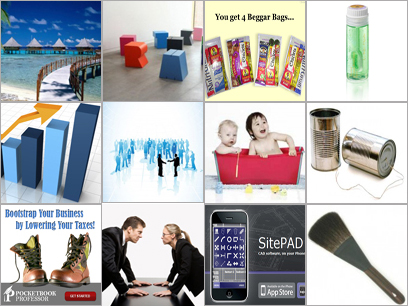 Have you noticed the customer service in small businesses in your area has improved? During a recession small business sales slump, and every company is fighting for customers. This is when excellent customer service becomes important.
Have you noticed the customer service in small businesses in your area has improved? During a recession small business sales slump, and every company is fighting for customers. This is when excellent customer service becomes important.
Many small business owners are realizing the important role that customer service plays in their businesses during a recession. Strategy is key, however, and many small businesses are failing to think strategically in analyzing their customer service needs. A recent article in Forbes.com found that 55% of the women-owned small businesses surveyed address customer service on a case-by-case basis and 27% don’t have any strategy at all. Only 18% have a comprehensive plan for addressing the issue.”
During the tough times it is important for a company to focus on building long-lasting relationships with its current customers while also prioritizing the existing customers. Building relationships is also cost effective because the only thing needed is your time.
Here are a few customer service techniques to help establish these relationships:
1. Touch base often – Show you care about their satisfaction through feedback and regular contact. Businesses are also keeping in contact with customers by looking to telephone answering services so that they can focus on their business and take customer calls when they are free.
2. Be proactive – Adopting a proactive strategy to customer service can help an organization reach out to customers and increase sales. Using appointment setting as well as other call center techniques can help achieve this.
3. Always listen – Listen to what your customer is saying. If they talk about an upcoming birthday or something of importance to them jot it down and remember them later. This is a great personal touch for building lasting relationships.
4. Have a communication plan – Once you establish a customer relationship keep in touch by getting their e-mail address and sending them periodic updates, resources and tips.
Customer service is an essential part of your business. But during tough times it is even more important. During a recession it does not matter who your customers are, if you do not service them with excellent customer service your competition will. Building these long-lasting relationships with customers takes time, but in the long run it becomes very invaluable. Take note of these and other customer service techniques so that during down times your customers will keep you in mind.
About the Author
Jessica Gombes is an expert writer on appointment setting and is based in San Diego, California. She writes extensively for an online resource that provides expert advice on purchasing and outsourcing decisions for small business owners and entrepreneurs such as telephone answering services at Resource Nation.







 Article Contributed By Sara LaForest and Tony Kubica
Article Contributed By Sara LaForest and Tony Kubica